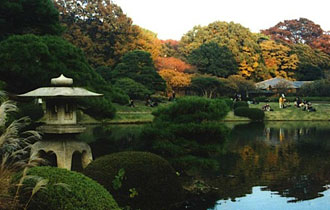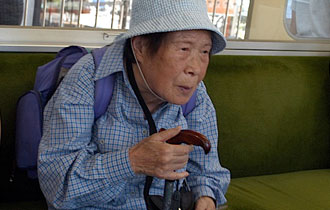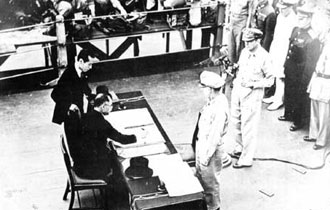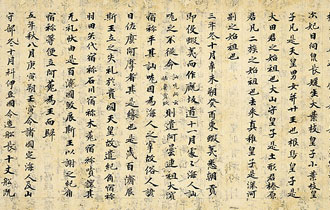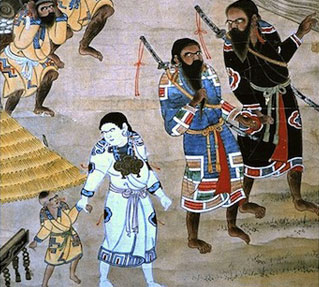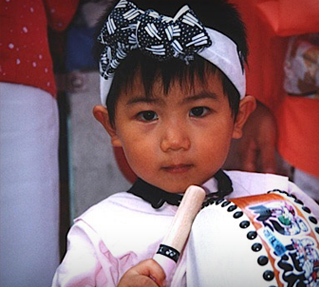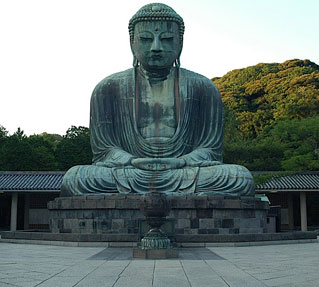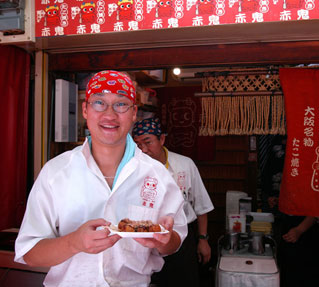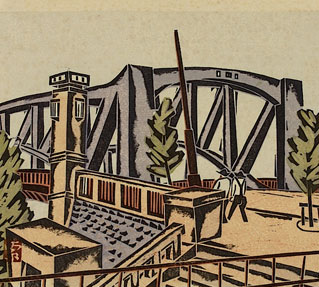Pages |
Due to its chronic lack of hard currency, North Korea has come more and more to depend on the North Korean community residing in Japan. The pro-Pyongyang North Korean Residents Association of Japan (Chochongryon) regularly sends gifts to Kim Il-sung and Kim Jong-il. The gifts are not necessarily entirely voluntary. Over 90,000 Koreans emigrated from Japan to North Korea in the 1960s and 1970s, and these people have come to be treated almost as hostages. They can be coerced to write to their relatives still in Japan to ask for money to be sent.
There are worries that the money sent home by North Koreans in Japan will find its way into the suspected nuclear program. The United States has urged Japan to cut off this flow of funds as part of international sanctions against North Korea. Japan was slow to act, but the financial failure of the credit cooperative system run by the North Korean Residents Association, which had deposits of 3 trillion yen (30 billion dollars) if , allowed Japanese financial authorities to step in and appoint Japanese managers for the system as part of a bail-out scheme. Any damage that Japan could levy on North Korea via economic sanctions would largely come from cutting off this money.
Another issue raised by the North Koreans is the problem of "comfort women," or coerced prostitutes used by the Japanese military during World War II. Korean women formed the majority, but there were also women from Japan, other Asian countries, and Holland and Russia. Because of the nature of their sufferings, these women were extremely reluctant to come public and make their charges against the Japanese government. However, in the past several years, there has been a flood of elderly women who have made such charges. A number of lawsuits have been filed against the Japanese government both in its own courts and overseas. Until recently, Japan was not forthcoming in addressing this issue, denying that the government or the military had any part in abducting or managing these girls. It maintained that because the entire operation was run by private businessmen, the government had no responsibility. From the North Korean point of view, the problem must be settled on the basis of physical compensation and thorough investigation.
Japanese Grievances
In contrast to North Korean grievances, Japanese grievances are much more recent in origin and pressing in nature. They have their roots in the post-World War II era, and the economic, diplomatic, and military isolation that North Korea have found itself in since the end of the Cold War has aggravated some of these problems.
Treatment of Japanese in North Korea
During the quarter century between 1959 and 1984, roughly 6000 Japanese women married to Koreans followed their husbands back to North Korea. These women were promised that they would be allowed to visit their families in Japan, but hardly any of them ever has. According to North Korea, thanks to the care of Kim Il-sung, every one of these women was happy and none of them ever wished to visit their old homes. The Japanese often raised this issue, but the North Koreans countered by saying that when these women came to North Korea, they were extended North Korean citizenship, so their welfare is a purely domestic matter.
More recently, Japanese abducted by North Korean agents have been in the headlines in Japan. During the 1970s and 1980s, a number of Japanese citizens disappeared from beaches in Japan or while on foreign trips and were later suspected to have been taken to North Korea. Secretly abducted Japanese were useful to North Korea in training their spies, who could travel more freely and operate more effectively overseas by masquerading as Japanese nationals. After a South Korean airliner was blown up in November 1987, two North Korean agents were arrested in Abu Dhabi.
Pages |


